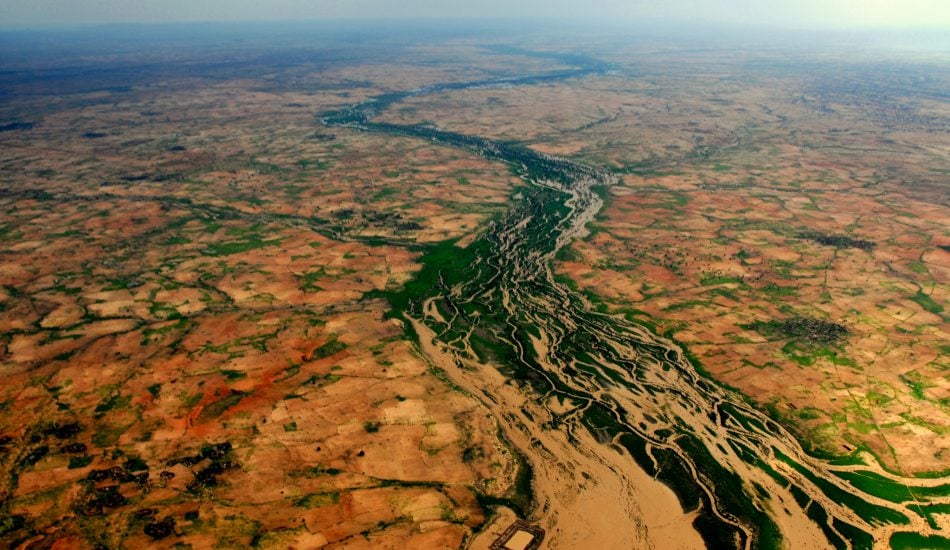
Key governmental and non-governmental organizations
The Federal Ministry of Water Resources and Irrigation sets the national water resources policies and monitors the projects. Institutions at the state-level are not active in water resources management due to a lack of funding and clarity over responsibilities.
Other federal ministries involved in water management are the Ministry of Agriculture and the Ministry of Environment, Natural Resources and Physical Development. The latter was replaced in 2018 by the National Council for Environment. In 2020, the Higher Council for Environment and Natural Resources was established.
The Water Resources Act was issued in 1995. Some water resources regulations were updated in 2016, including the Exploitation of Groundwater Regulation, Irrigation and Drainage Licenses Regulations, and Surface Water Regulations.[1]
Village Development Committees are responsible for land allocation for agriculture and grazing as well as water supply and development including the running and maintenance of water yards in rural areas. Local non-governmental organizations (NGOs), such as the Sudanese Environment Conservation Society, and some international NGOs, such as the Environmental Network of the Horn of Africa, play a pivotal role in local community development, and water is an entrance point for all development initiatives.
Financing the water sector
Financing the water sector is the responsibility of the government. Technical assistance, in the form of capacity and institutional building and experts, are in some cases provided by development partners such as UNICEF. The water cooperation in each state finances itself from the water charges collected from consumers. Water charges for agricultural use are also imposed to recover operational and maintenance costs. Nevertheless, when the government does not provide its counterpart contributions (even in kind), further financing is not forthcoming.
[1] United Nations Environment Programme, 2020. Sudan: First State of Environment and Outlook Report 2020. Available at https://www.unep.org/resources/report/sudan-first-state-environment-outlook-report-2020
